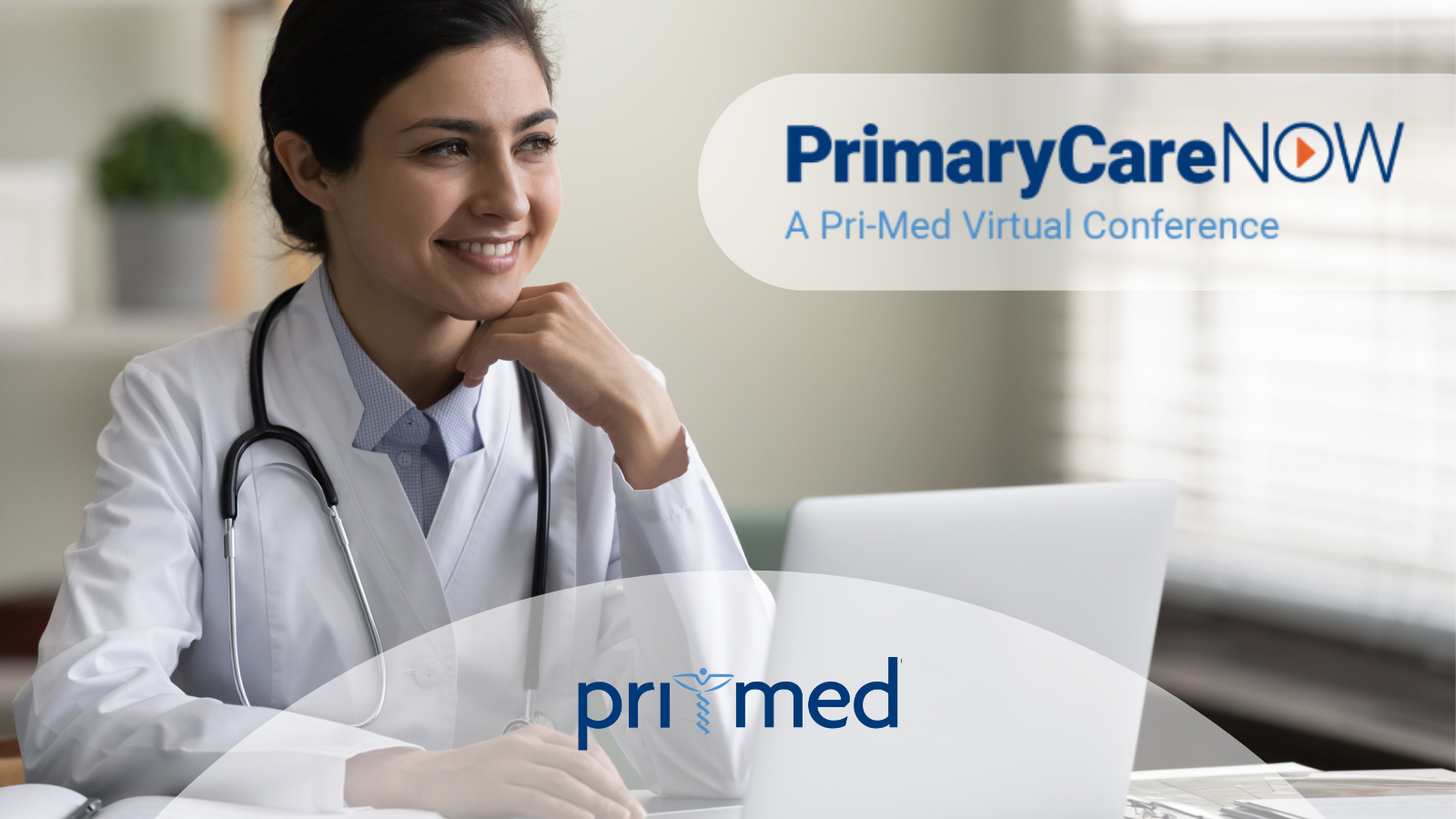Zurzuvae: a beacon of hope for postpartum depression or a superficial solution?
The FDA approval of Zurzuvae (zuranolone), the first oral medication, has offered new hope to mothers who have exhausted all other treatment options to cope with their postpartum depression. This is a milestone in recognizing the maternal mental health crisis that plagues our country. The benefit of this drug is that it offers a new approach to treating postpartum depression and brings postpartum health into the spotlight. With Zurzuvae …









![Stopping medication requires as much skill as starting it [PODCAST]](https://kevinmd.com/wp-content/uploads/The-Podcast-by-KevinMD-WideScreen-3000-px-4-190x100.jpg)
![Weaponizing food allergies in entertainment endangers lives [PODCAST]](https://kevinmd.com/wp-content/uploads/The-Podcast-by-KevinMD-WideScreen-3000-px-3-190x100.jpg)






![AI censorship threatens the lifeline of caregiver support [PODCAST]](https://kevinmd.com/wp-content/uploads/Design-2-190x100.jpg)